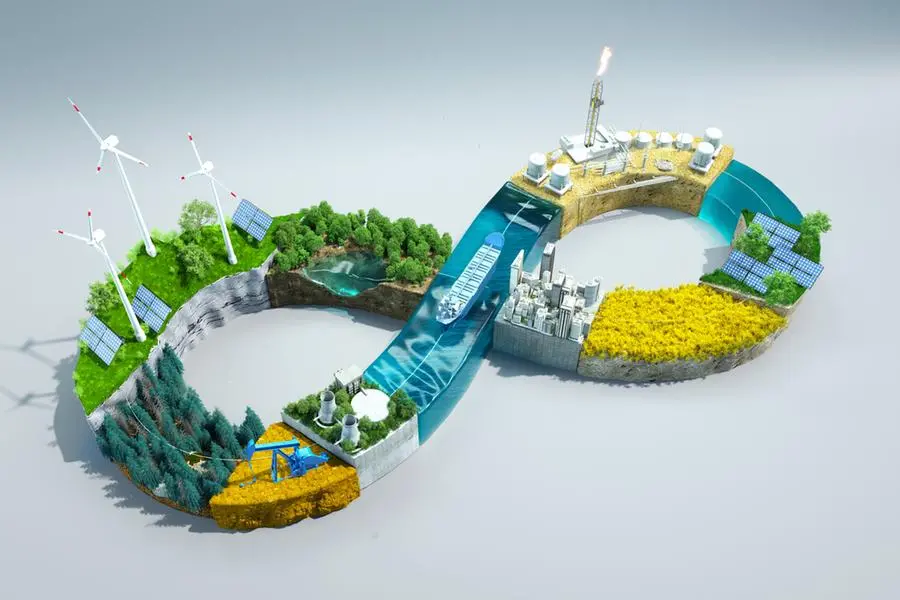PHOTO
The Federal Government has rolled out plans to subsidize CNG vehicle conversion kits by 50% to members of the National Union of Road Transport Workers (NURTW), Road Transport Employer Association of Nigeria (RTEAN)and Nigerian Association of Road Transport Owners (NARTO).
This was made known by the Programme Director and Chief Executive Officer of Presidential Initiative on CNG, Mr Micheal Oluwagbemi in Kaduna on Tuesday while speaking at the Northern Stakeholders Engagement.
To this effect, he posited that the Federal Government had procured over 20,000 conversion kits that would be immediately deployed for the conversion incentive programme.
Related PostsNo Content Available
According to him, “We are launching what we called the Conversion Incentive Programme with members of the NURTW, RTEAN and NARTO being our immediate focus. This is because they are the operators in the road transport sector providing 90 per cent of the transportation in the country to members of the public.
“We will be making the conversion kits available to them at 50% discount and we are also ensuring that the installation cost is free. We are already negotiating already with our partners who will initiate that project in the next week.
“We have already identified eight conversion centres in four states, namely Kwara, Lagos FCT and Rivers that will pilot the programme. Immediately after that, we will start expanding to other conversion vents that we have identified and there are 120 of them across the country.”
He the subsidized conversion programme is part of President Bola Ahmed Tinubu’s goal of having 1 million vehicles converted to CNG by 2027.
In his keynote address, Kaduna State Governor, Senator Uba Sani, who was represented by the Commissioner for Works, Alh Ibrahim Hamza, commended the Federal Government’s Initiative setting a phase in switching from petrol-powered vehicles to Compressed Natural Gas powered vehicles, particularly the buses category.
He said, “Transportation is one of the major promoters of our socio-economic activities which deals with the movement of persons, goods and freight from one point to another.
” This consists of air, land and sea among other modes. The service is known to be carried out for both private and commercial purposes. In our country, the land mode is the major means of transportation which heavily relies on the use of fossil fuels for its operation.
“Other forms of transportation include air and sea which also uses fossil fuels that include Petroleum Motor Spirit (PMS), Automotive Gas Oil (AGO), Jet Oil and other Combustible fuels which emit harmful Substances to the atmosphere.
“According to the Nigeria Bureau of Statistics (2018); there are almost 12 million vehicles plying our roads daily.
“Hence you can imagine the volume of contaminated emissions released into the air by this massive number of fleets and the number of aquatic and terrestrial lives that they are affecting daily.
“Previously, in Kaduna State, we were faced with a system that lacked a comprehensive commercial Transport Document and a vast number of MDAs and organizations were all handling Transport Operations independently without any proper coordination which resulted in a system that lacked clear rules and guidelines for various operators in the sector
“Another major challenge we experienced is from the nature of vehicles we use which are mostly powered by Petroleum products that amount to thousands of fleets emitting poisonous gasses to our environment daily and also a high contributing factor toward pollution.
ALSO READ THESE TOP STORIES FROM NIGERIAN TRIBUNE
Why I invested in CNG trucks — DangoteVIDEO: Defence Ministry civilian staff protest over alleged brutalisation2024 Hajj: Nigerian pilgrim puts to bed in MakkahDemocracy Day: FG declares June 12 public holidayMalawi VP’s plane found with no survivors — President
Copyright © 2022 Nigerian Tribune Provided by SyndiGate Media Inc. (Syndigate.info).




















